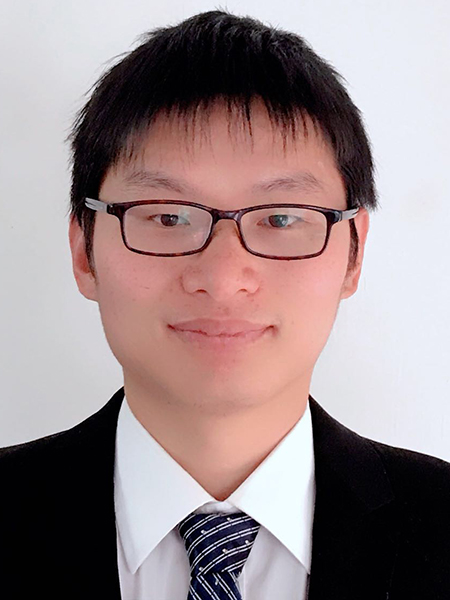NIH awards grant to ChE's Bao for cancer therapy project
Xiaoping Bao, assistant professor in the Davidson School of Chemical Engineering, has received the prestigious Stephen I. Katz Early Stage Investigator Research Project Grant to support his cancer biology research.

The five-year, $1.8 million award from the National Institutes of Health (NIH) will aid in Bao’s project, “Engineer Biomimetric Microfluidic Models to Investigate and Reprogram Tumor-Associated Neutrophils (TANs) for Cancer Therapy.” Collaborators on the project include: Bumsoo Han, professor in the School of Mechanical Engineering, Qing Deng, associate professor in the Department of Biological Sciences, and Sandro Matosevic, assistant professor in the Department of Industrial and Physical Pharmacy, all at Purdue; and Yunlong Liu, director of the Center for Computational Biology and Bioinformatics, and Aaron Cohen-Gadol, MD, professor of Neurological Surgery, both at Indiana University School of Medicine.
Neutrophils, the most common type of white blood cells in the body, assist the immune system in fighting infections and healing injuries, but they also can promote tumor progression and metastasis in aggressive glioblastoma (GBM). Further, neutrophils can facilitate cancer cell resistance to chemotherapy, radiotherapy, and immunotherapy.
Closely working with his collaborators, Bao’s study will employ a novel strategy to build a microfluidic platform to interrogate neutrophil biology and reprogram tumor-associated neutrophils into antitumor effector cells with the goals of treating cancer, neutropenia, and inflammation.
“I’m extremely humbled and very excited to receive the Stephen Katz Early Stage Investigator award. I’d like to thank all my collaborators, colleagues, and trainees for their support and help to make it happen,” Bao said.
The grant is issued through the NIH’s National Cancer Institute.
